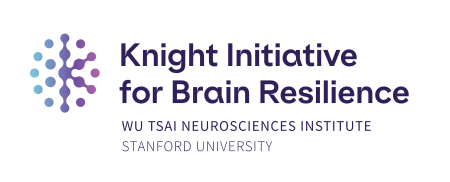
Boxuan Zhao
Boxuan is currently appointed as a postdoctoral fellow in the Department of Genetics, jointly advised by Prof. Alice Ting and Prof. Liqun Luo. Fulfilling his long-time passion for the study of brain functions, his current research is focused on the development of multiple molecular tools for transcriptome and connectome studies in the neuronal systems. Benefitting from the distinct expertise of both labs (Ting lab has pioneered protein engineering and molecular tool development, with specialized platforms to enable rapid construction and improvement of new technologies; Luo lab has extensive expertise in neurobiology and inventing molecular tools in vivo, with established mouse models and physiological and behavioral analyses platforms), Boxuan will incorporate pioneering aspects of genetics, molecular biology, and neurobiology into his research plan of developing molecular tools with a high temporal resolution, aiming at capturing immediately activated neurons and nascent RNA populations for transcriptome studies during neural activity. He will apply these tools in the investigation of molecular changes during the formation and recall of fear memory in mice, and subsequently hunt for potential gene targets for memory modulation.
Before coming to Stanford University, Boxuan received his B.S. degree in chemistry under the mentorship of Prof. Peng Chen at Peking University in China, working on molecular probe development through protein engineering. He then pursued his M.S. and Ph.D. degrees in chemistry mentored by Prof. Chuan He at the University of Chicago, focusing on the investigation of biological functions of chemical modifications on nucleic acids. His doctoral work in epigenetics and epitranscriptomics has clarified the molecular mechanisms of these modifications in the regulation of the dynamics of DNA and RNA; and through a lot of successful collaborations, his work also uncovered the wide-spread biological significances of these modifications (particularly m6A) in many systems including embryogenesis, viral infections, and development of different types of cancers.
